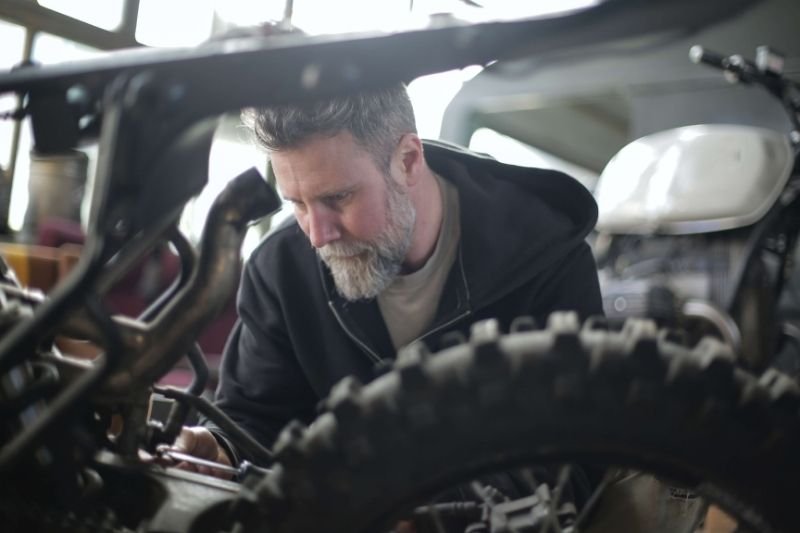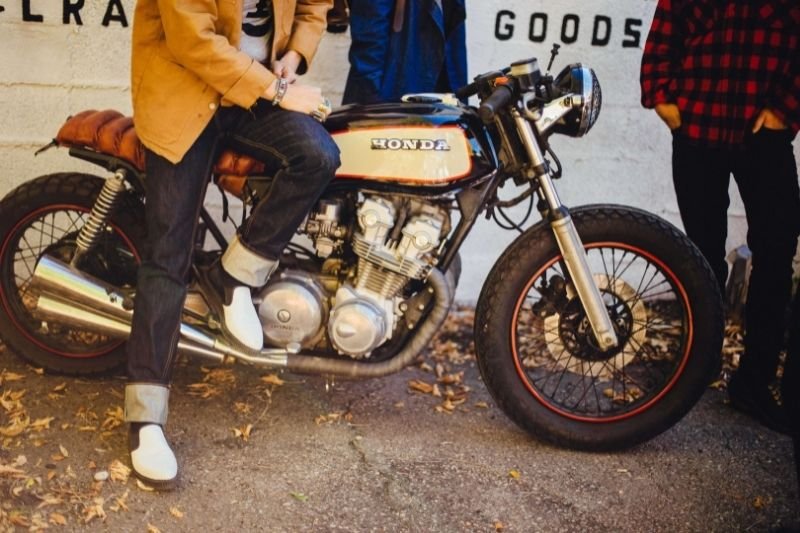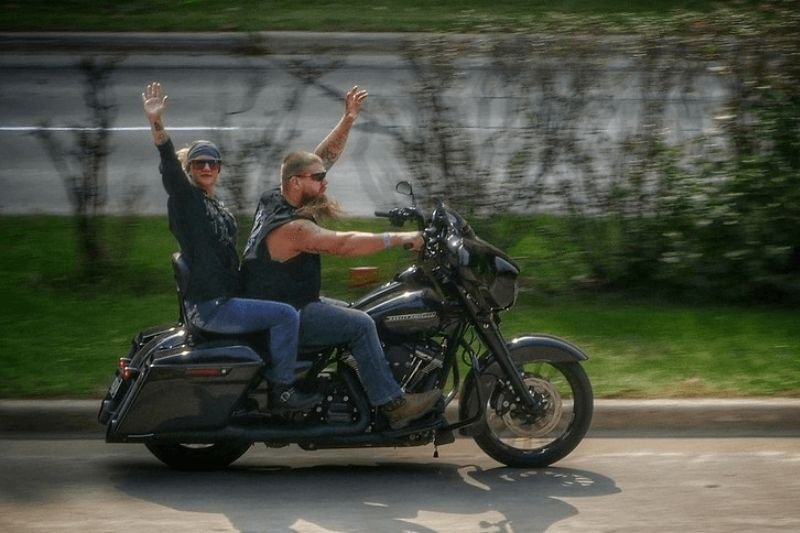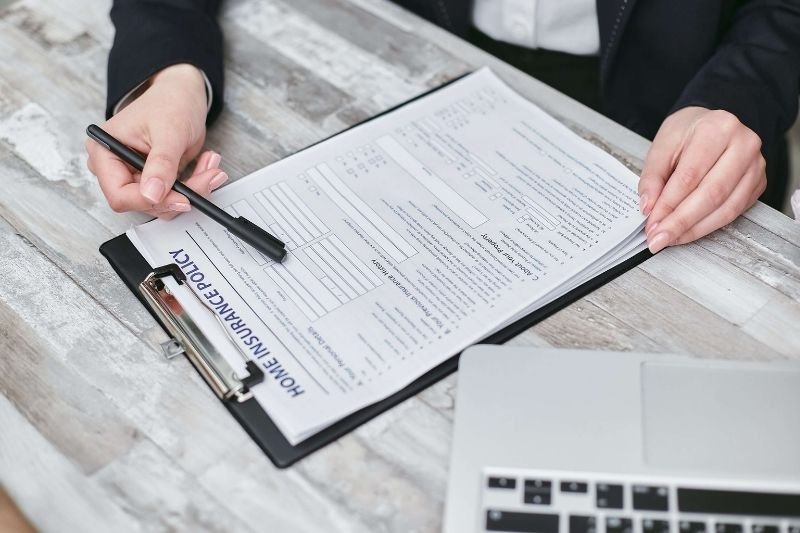Many riders who aren't so tall or ladies just starting to ride bikes need to pick out the best Motorcycles for Short Riders and Women. They gotta look for three key things: a seat that's not too high up, a bike that's not too heavy, and something that looks good enough to give them confidence. […]
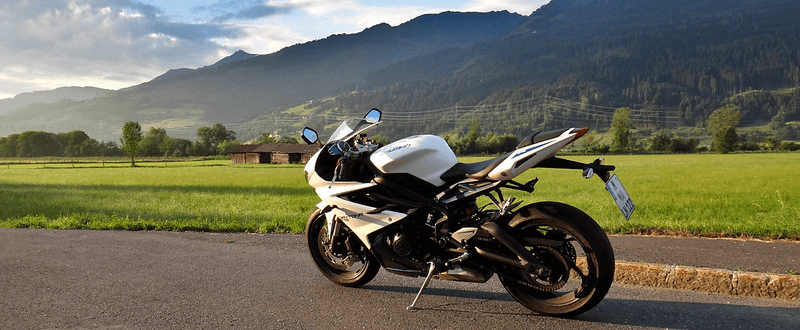
17 Essential Riding Skills Every Rider Should Know
Not only do novices need to learn essential motorcycle riding skills but also experienced riders should constantly update their skills and knowledge.
Despite the fact that inexperienced riders need to go through a motorcycle safety course, there are numerous skills enthusiasts can practice on their own. This will enable them to boost the safety and security of their ride and also make it more satisfying.
For newbies, it's critical to start with the most fundamental skills prior to continuing to more advanced ones.
Despite just how straightforward some skills might seem, you need to not take them lightly or skip them for others.
Such riding skills are essential and also you'll find yourself using them on a daily basis.
Here are 17 essential riding skills every rider should know.
Table of Contents
1. Use Both Brakes
Braking is a vital part of riding a motorcycle. If you do not understand how to do it effectively, that could be unsafe and even deadly.
If you are to use simply the front brakes, it will ultimately assist you to stop sooner than simply applying the back brakes.
However, If simply the front brakes are used your body risks over the handlebars and flung out.
Using both brakes evenly will give you a much smoother and also quicker stop.
Each motorcycle is different in relation to how much stress is required to make a smooth stop making use of both brakes, so ensure you practice with your motorcycle prior to you take it out for a spin.
2. Regularly Check Tire Pressure
Have a tire stress scale handy and regularly inspect your tire stress, about when a week if you ride rather often.
The suggested PSI for your specific tires should be mentioned on the side of your tires.
Make note of what the various PSI ought to be in between cool as well as hot weather.
3. Examine All Liquids Frequently
It is necessary you make it an indicate on a regular basis examine your motorcycle liquids. Such liquids include crankcase oil, engine oil, and brake fluid.
I usually check every one of these fluids every single time to the gasoline station.
Some might assume this is way too much, yet way too many times I have assumed I had adequate fluid but obtained myself in a crisis due to the fact that I didn't examine.
Make sure to examine the crankcase as well as engine oil at running temperature level so you can obtain an accurate reading.
Examine your brake fluid level in the master cylinder when the motorcycle is cooled down.
- On A Regular Basis Change Your Oil
Okay, so this might be an apparent one, yet you would certainly be surprised at the number of individuals who understand this standard principle of upkeep but don't really perform it.
Be sure to change your oil every 3,000-5,000 miles, or every six months.
Don't think that your oil is good after a year, since you didn't ride your motorcycle much, engine oil does get old as well as does not work as well over time.
- Usage The Right Fuel
If you have a motorcycle that has a carburetor, you should never use gas that has ethanol in it.
This is due to the fact that ethanol is basically a water absorber as well as can be possibly destructive to your fuel system.
You don't need to worry excessively regarding this if you have a fuel shot system as ethanol gas doesn't create many troubles with them.
4. Know Distances Between Gas Stations
If you plan on taking a lengthy journey on your motorcycle, it is wise to know the range between gasoline stations as you go, especially if you're riding throughout the west.
You do not intend to be stranded in the middle of nowhere without gas, specifically if you're alone.
5. Check the chain tension regularly
Your motorbike's chain health is essential due to the fact that without it, you don't have any type of power coming from your back wheel.
There are devices made specifically to examine the tension of your chain. Generally, a chain's tension ought to be between 30-- 40 mm of slack, yet examine your user manual to see what specific slack your motorcycle chain ought to have.
As well tight a chain can potentially break it and too loose of a chain can make it fall off. Make certain the chain is oiled to stop more problems.
6. Run Your Motorcycle Periodically During Winter Months
Some of you are possibly residing in climates where it gets really cold in the winter months, therefore you take time out from riding your motorcycle.
While it is completely fine to not ride a motorcycle for a while, leaving your motorcycle resting without properly preparing it can create some damage to it.
If you're able, run your motorcycle for a couple of mins once each or 2 weeks throughout the winter season so your motorcycle can reject a few of that dust and await you as soon as springtime comes.
You can read how to winterize a motorcycle 8 steps to know more.
7. Store Your Motorcycle Suitably
Way too many times I have actually seen a motorcycle resting outdoors in the elements without cover or source of protection.
Though motorcycles are transportation-like vehicles, they need to be treated differently in just how we store them. Find an area to keep it.
8. Know How To Trip With a Partner
Even if you don't assume you'll ever ride your motorcycle with a passenger, it is necessary you discover how to do it anyway.
Riding with a passenger is an entirely various game compared to riding on your own.
I encourage you to learn how to ride with a partner as a result of possible emergency situations.
If you're ever before stuck in a bind and are compelled to take an added biker with you on your motorcycle, you'll be a bit extra prepared.
9. Know Hand Signals
If you're wishing to end up being a motorbike biker, it's a should to learn hand signals between motorcycle riders.
These are used for communicating with drivers around you concerning what you're planning to do while riding.
You normally aren't called for to use hand signals, but it's good to recognize in case various other motorcycle bikers are attempting to communicate with you, and also they're nice to make use of in case your blinkers and lights head out.
Learn more about motorcycle hand gestures.
10. Know Your State's Laws
Once again, this may be another piece of cake; however, comprehending the motorcycle legislation of the state you live in can make the choice between being law following or obtaining a $500 ticket.
Likewise, be mindful of each state's regulations if you plan on doing a long trip on your motorcycle; the second you cross over a state line you're in an entirely different realm of laws.
For instance, if you reside in Texas, individuals two decades old or older don't require to put on a safety helmet. So at your age, you might be made use of to not putting on one.
When you go across the state line right into Louisiana, you could be obtaining a significant penalty from that state due to the fact that Louisiana requires all cyclists to put on a helmet, regardless of what age.
11. Wave To Other Riders
This isn't legislation, yet it's a rule of thumb to name a few motorcycle riders that you wave at them when you're passing each other.
It's more of a sense of rules in the motorbike globe.
This is a gesture that I enjoy. It is impartial and also nonjudgmental; it does not matter if you're a physician, a cleaning person, or unemployed.
What matters is that you each have a love for motorcycle riding as well as a result of that, you're at the exact same degree.
12. Use The Right Shoes
Wearing the wrong footwear while riding your motorbike can be unsafe.
Your feet are beside a set of tires that are rotating countless times a minute, and also the incredibly hot exhaust pipes are simply inches away.
As a new motorcyclist, you should purchase a decent pair of motorcycle boots according to your riding style.
You do not require to spend a lot to obtain some, just make certain you obtain some that are made from thick products that will cover your ankles. This will certainly stop some injury.
13. Never Remain In The Middle Lane
If you're riding on the highway, a great general rule to keep in mind is to never ever stay riding in any one of the center lanes. Always stay in the much best lane or the far left lane.
Provided, you'll require to use the middle lane in some cases to navigate to where you require to go.
However, if you remain to stay in the middle lane, you increase your possibilities of getting crash due to the fact that you have a lane on either side of you with uninformed vehicle drivers.
14. Never Ride Behind Loaded Trucks
I used to live in a place with a lot of truck drivers, and with that came a lot of trucks on the road.
They think that the cargo on the car does not need to be secured.
There have been many times when I rode to the back of the truck and was thrown away because the debris was not fixed.
Never ever stay behind a truck carrying a load. Even if it appears they have protected and strapped in, the wind from driving at high speeds will press and rattle everything around in the back of the vehicle.
This also includes semis carrying cars and trucks. Remain risk-free and also don't trust people who are hauling tiny or big merchandise.
15. Always Carry Important Documents
Your motorcycle registration, driver's certificate, and also motorcycle insurance cards are items you constantly need to have with you every time you go on a flight on your motorcycle.
The one time you do not have your essential documentation with you is the day you'll get pulled over.
Think about some methods of keeping your enrollment and other paperwork on your bike so you won't be entrusted to absolutely anything to provide to the law enforcement agent.
16. Check Your Insurance Policy
First of all, make sure you always have an insurance policy while you possess a motorbike.
Second, make sure you review your full policy as well as know what it does as well as does not cover.
Insurance coverage does a fantastic job at discussing what they do aid with, but you'll have to check out in between the lines to comprehend what won't be taken care of by them.
I needed to figure this one out the hard way.
Most motorcycle insurance only offers liability insurance (which is required by the majority of states), indicating they'll only deal with the 3rd party involved that was harmed throughout a mishap you created.
A liability insurance policy does not cover your motorbike or your injuries.
If possible, please make sure you also get comprehensive personal injury protection (PPI) when registering for insurance
17. Helmets Have An Expiration Date
Think it or not, motorcycle helmets have an expiration day.
Even if your helmet is not harmed in any way, it is suggested that you change your helmet every five years.
You absolutely need to change your safety helmet if you've had some kind of mishap, no matter how marginal it was.
After a while, the resins and adhesives inside the helmet can affect the liner inside.
Hair oil and sweat from a person's head will likewise include in the deterioration.
With time, the extra padding inside additionally doesn't function too and also won't provide as much security as it would when it was brand new.

Rodney L is a technical writer and product consultant with over a decade of experience in the motor industry. Rodney is a fan of performance machines that run fast and loud and an expert in all things custom. His numerous articles and write-ups are available at our knowledge base. Whether it’s something wrong with your motorcycle or you are building a custom bike, you can trust Rodney’s experience.
As we accelerate into 2025, motorbikes are getting a serious tech upgrade. They’re all about safer rides and more fun on the road. Even if you’re a pro or just starting, kitting out your two-wheeler with cool tech stuff is a game-changer. Check out these ten top motorcycle gadgets each motorcyclist will want in 2025. […]
Getting around the city every day can be super annoying. You've got traffic like molasses nowhere to park, fuel prices through the roof, and buses stuffed like sardine cans make heading to the office a real pain. For loads of folks, getting a motorcycle is a pretty slick move—they’re nimble, cost-effective, and perfect for squeezing […]
Rider safety demands motorcycle helmets. Yet, riders still clash over picking full-face vs open-face helmets. Full-face ones take the win for protecting in crashes, but open-face models charm folks who want cool looks better air, and that old-school vibe. This guide dives into the latest research, technological advancements, and real-world insights to help you decide […]
Fodsports FX 60C vs FX30C Pro: What's new techs are the FX 60C bringing to us? Fodsports is a brand worth-mention for helmet communication and video recording. This brand has established itself as a key player with its innovative Bluetooth camera intercom systems. Recently, Fodsports has released a new camera intercom, the FX 60C. How […]
The Fodsports FX 60C is leading a revolution in the Bluetooth camera intercoms market. This 2025 newest intercom with camera by Fodsports is designed to enhance your riding experience. This device comes with advanced features like Bluetooth 5.4, 4K HD recording, 10-way intercom, and plenty more. So it is clear that this device seamlessly blends […]

